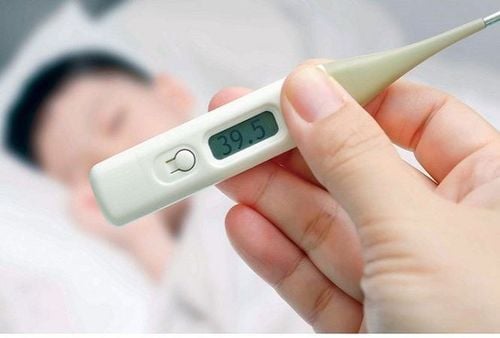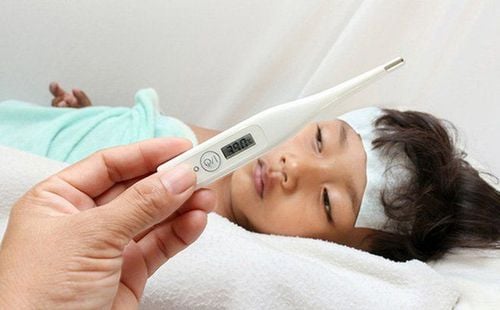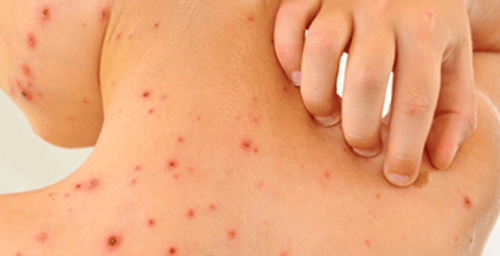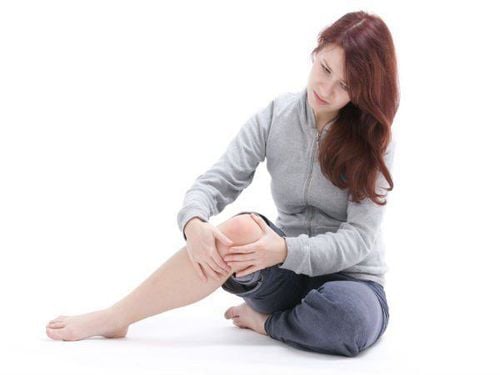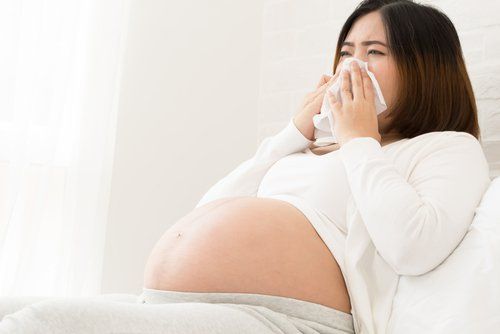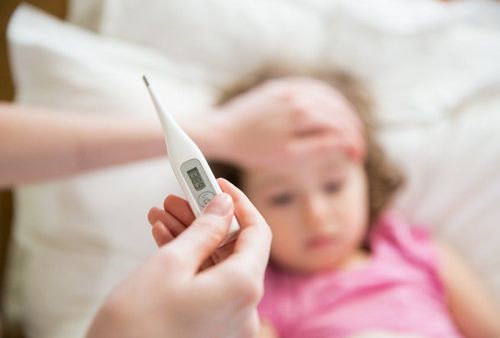The article is professionally consulted by MSc Nguyen Thi Ngoc - General Doctor, General Health Examination Unit, Vinmec Central Park International General Hospital.
Dengue fever typically comes with dizziness, headaches, nausea, and subcutaneous bleeding. Many patients also develop maculopapular rashes all over their body. Some only begin to feel itchy once the fever subsides.
1. Symptoms of Dengue Fever
During the first three days, patients usually have a high fever, headache, body aches, and eye pain. While this early stage can be uncomfortable, it’s generally not the most dangerous, and no serious complications are expected. Most people can manage their symptoms at home during this period.
Around the third to seventh day of illness - the second phase - the fever may start to come down, but the risk of severe complications rises. Potential issues during this stage include:
- Increased vascular permeability leading to significant plasma leakage, hemoconcentration, and hypovolemia. Lab tests will detect these changes, and intravenous fluids may be necessary. Severe plasma leakage can trigger warning signs of impending shock, such as extreme fatigue, liver tenderness, nausea, and vomiting. In children, subtle signs like unusual drowsiness, irritability, reduced urine output, or refusal to feed might appear instead.
- Thrombocytopenic bleeding: Nosebleeds, bleeding gums, and subcutaneous bleeding may occur. If these symptoms arise, it’s important to get blood tests to assess thrombocytopenia. Intravenous fluid therapy or other interventions may be needed based on your doctor’s evaluation.
- In severe cases, patients may face organ failure.
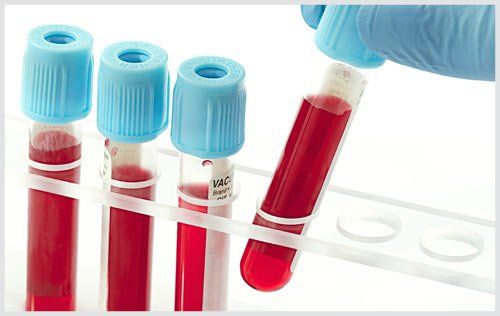
2. Causes of Itching and Skin Rash in Dengue Fever
Itching can occur during the illness itself or appear once the fever has subsided. Severity varies widely - some patients experience mild discomfort, while others are kept awake at night by relentless itching. Naturally, this can cause worry. Is it normal to itch after dengue fever?
In fact, itching is often a sign that the body is recovering. The body reabsorbs fluid from the tissues back into the bloodstream, and the skin repairs the damage from the initial rash. This healing process commonly triggers itching. In most people, it subsides after two to three days, though it can sometimes last a week or, rarely, even longer.
Measures to ease maculopapular rashes during recovery:
- Consider taking vitamin C to support your immune system.
- Opt for a balanced diet, limiting greasy foods and potential allergens like certain seafood or wild games meat.
- Soaking hands and feet in warm water with a bit of salt or lemon juice can provide relief.
- Aloe vera gel, thanks to its antifungal and antibacterial properties, can soothe irritated skin and help it heal.
- Applying coconut oil to your skin before a warm bath can also be very soothing, no matter what’s causing the itch.
- Under medical guidance, antihistamines such as loratadine or desloratadine may be used to help manage itching.

Other factors, such as complications involving the liver, can sometimes cause itching:
- Acute viral hepatitis due to the Dengue virus, with liver enlargement or shrinkage.
- Acute liver damage potentially linked to medications, for example, taking too much acetaminophen (paracetamol) to lower fever.
When liver enzymes (AST, ALT) and bilirubin levels rise, patients may develop jaundice, severe itching, and coagulation problems. This situation is serious and requires immediate hospital care to prevent complications.
For this reason, anyone with dengue - especially those experiencing itching - should have regular blood tests to monitor platelet counts and liver function. Early detection of any complications is key to ensuring a safe and prompt recovery.
Currently, there is no vaccine or specific antiviral treatment for dengue fever. Preventive measures, especially in regions where outbreaks are common, are vital to avoiding the spread of the disease. If you live in an affected area and have never had dengue, taking extra precautions to prevent mosquito bites is important to reduce the risk of large-scale outbreaks.
To arrange an appointment, please call HOTLINE or make your reservation directly HERE. You may also download the MyVinmec app to schedule appointments faster and manage your reservations more conveniently.





